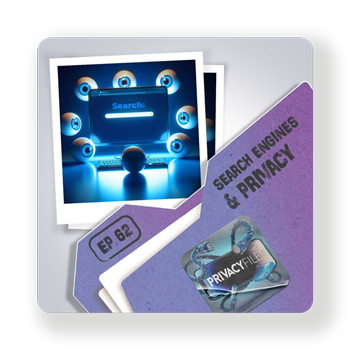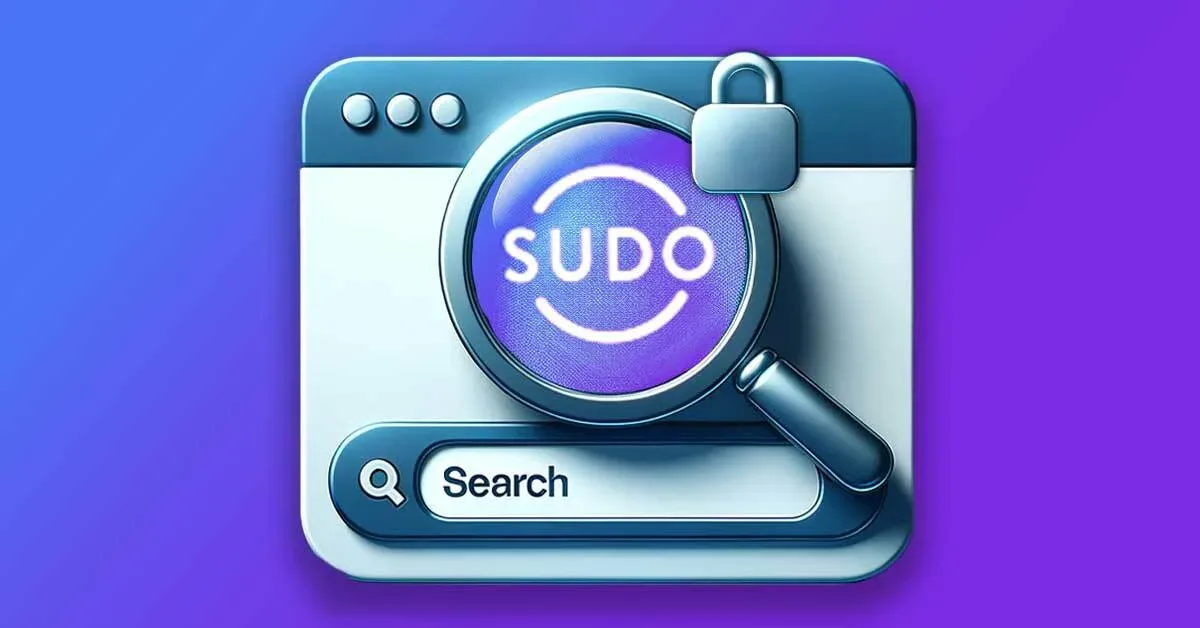If you only have time to listen to one Privacy Files episode this month, make it episode 62 on search engines and privacy.
This is one of the most important Privacy Files episodes, because search engines not only profile and track users, but they have also been proven to manipulate user behavior by prioritizing search results.
This isn’t new: In 2015, Dr. Robert Epstein, a psychologist at the American Institute for Behavioral Research and Technology, made world news. He was one of the authors of a groundbreaking study that found that Google’s search ranking algorithm could influence how people vote.
Even more shocking, according to Dr. Epstein, “We estimate, based on win margins in national elections around the world, that Google could determine the outcome of upwards of 25 per cent of all national elections.”
And just exactly how could Google do this? By simply changing the order of positive and negative stories appearing in search results.
If you’re outraged, join the club—and then listen to episode 62 of Privacy Files, where our host Rich talks to Kristin Jackson, the Co-Founder and President of Freespoke Search, a company trying to give the world a more “honest search engine.”

Freespoke is designed to provide balanced search results, promote free speech, and protect your privacy.
Rich and Kristin start out discussing some of the inherent problems with existing search engine options and how Kristin found herself in the center of the fight against Google. Then the pair discuss what Freespoke Search is doing to shake up the search engine industry, which is essentially being the opposite of Google: Freespoke has privacy baked in, it allows debate of ideas, it keeps families safe, and doesn’t show pornography.
Towards the end of the interview, Kristin talks about how she protects her personal data and offers some advice to the audience for becoming more private.
Listen to episode 62 now.
MySudo private browsers are fighting the good fight, too
As Rich and Kristin point out, Google reaches into almost every web site around the world to build its giant data machine, and the burden is on users to disentangle themselves from it.
What Freespoke, and MySudo private web browsers, allow is privacy without compromising on functionality.
You’ll find a private web browser inside every Sudo secure digital profile in the MySudo app, which block ads and trackers by default.
You can use Freespoke as your search engine in your MySudo private browsers by typing it into the search bar on the browser screen and then bookmarking it.
Remember, privacy is a human right. Get it with Freespoke Media and MySudo.
Discover Freespoke Search
What’s the difference between a search engine and a web browser?



